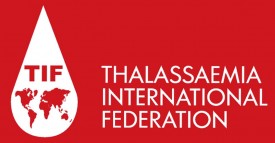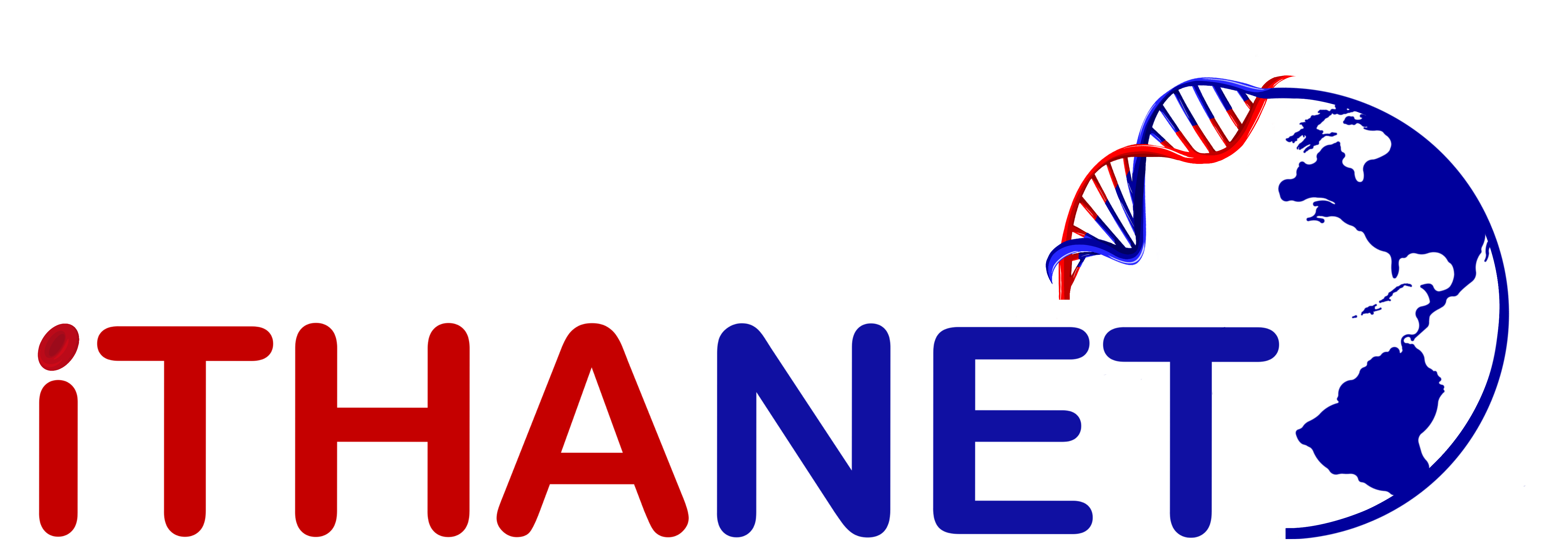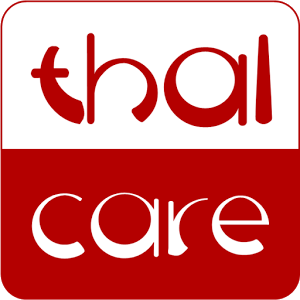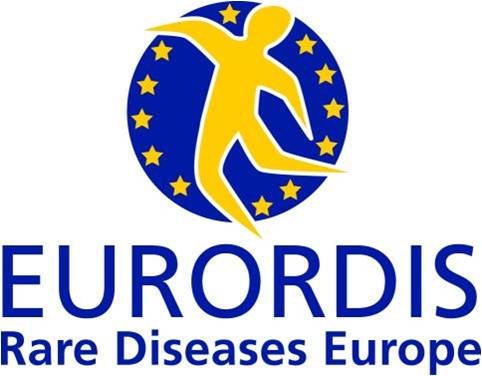
The Thalassaemia International Federation announced the initiation of an MSc Programme (Blended) in “Inherited Haemoglobin Disorders,” a joint educational endeavour undertaken by the University of Nicosia (UNic), Cyprus. This is a unique Programme addressing a very specific and special topic with its faculty including world-renowned international experts. It is recognised globally and is supported by the European Haematology Association and the International Society of Haematology.
This Programme leads to an MSc degree with specialisation in Haemoglobin Disorders, mainly Thalassaemia and Sickle Cell Disease (SCD). The Programme is directed to medical professionals. However, even though usually the best candidates are Specialist Paediatricians, Specialist Haematologists and Internal Medicine Specialists, other disciplines may also greatly benefit from the Programme; e.g Blood Transfusionists and specialised nurses who have at least one university degree.
More information: M.Sc. Programme's website




